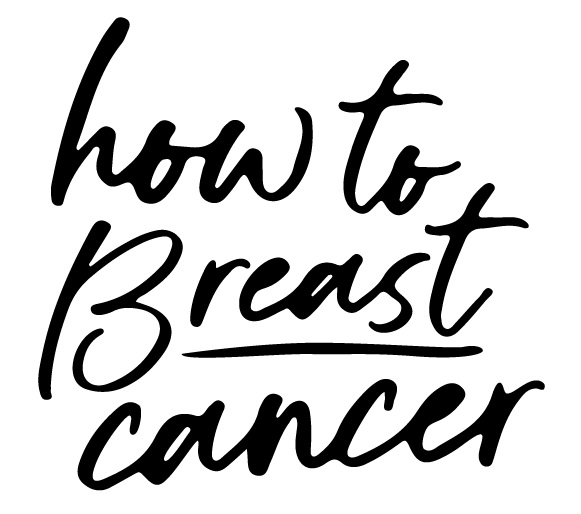Fathers on the journey
Article at a Glance
As always, a few thoughts to help — this time we turned to a few fathers navigating a breast cancer journey, that we’ve met along the path to serve as our Dad Council on breast cancer.
- A cancer diagnosis, irrespective of the organ, is serious and challenging to discuss
- Not all women love or even like the color pink - you don’t have to either
- The same rules apply — see our Mother's blog
Fathers are often the first real-life “Superman” a family can call their very own. They are usually the ones to “fix” things, lift the heavy stuff that we can’t lift, take out the stuff we don’t necessarily want to fuss with, exterminate the bugs or other creepy-crawlies, and when all else fails, buy us an ice cream when we feel things aren’t going so well.
Super stuff!
So, when it is the father who is diagnosed with breast cancer, and has to navigate their cancer journey, families often don’t know how to cope or process this information. Let alone the father himself.
In the US, more than 2,700 men are diagnosed with breast cancer each year, and over 500 men die annually from breast cancer. And while breast cancer is overwhelmingly associated with women because the number of women diagnosed annually is approximately one hundred times greater than men, it is not a gender-specific illness.
It can indeed affect anyone. Our intention in helping anyone navigate a breast cancer journey is largely grounded from that very reality.
Breast cancer can affect anyone and when it does, it affects everyone, for that someone.
So what do we say to that father who is suddenly facing a breast cancer diagnosis and likely feels as if they are the only one?
As always, a few thoughts to help — this time, we turned to a few fathers navigating a breast cancer journey that we’ve met along the path, to serve as our Dad Council on breast cancer.
1 | A cancer diagnosis, irrespective of the organ, is serious and challenging to discuss
To a person, our “Dad Council” stressed the importance of talking about the diagnosis of cancer and its outlook, versus trying to explain why or how they were diagnosed with breast cancer. The point being, it is far more important to understand the implications of the “cancer” versus getting hung up on a man getting breast cancer. The point is not to minimize the diagnosis or feel as if it is only an illness impacting women. The most important thing is to understand how to navigate the journey successfully and live your best journey.
2 | Not all women love or even like the color pink - you don’t have to either
While there is a great deal of symbolism attached to the color pink for breast cancer, it is not for everyone and that is totally ok and perfectly normal. We hear from patients all the time who do not relate to “pink”, especially metastatic patients. We also know that there are many who love it and see it as a symbol of strength and perseverance. The point is, find what works for you, and use that for your best way forward. Some of our “dad’s” wear the logos and color proudly, and some even dress up in the pink outfits for walks, etc., but some don’t. Find what works for you because that’s what will make you happy.
3 | The same rules apply — see our Mother’s blog
In our blog last month to mothers, we shared a few tips on how to manage the inevitable challenges of juggling all that comes with the journey in the midst of also leading a family. To a person, our ‘Dad Council’ fully agreed and felt that those tips also apply to how they reorganized the family to ensure everyone could get through each day, one step at a time. Most notable tip was the “Team Captain” assignment and how this is a way to recognize, reward and help the family lead through, without the burden falling solely on one person. So, don’t forget to name your team captain and feel free to share your story with us.
Key Takeaways
And so, if you take away just one thing from what you’ve read here today, know this…you are not alone and you are not the only one. Tap into the tools for everyone (does not matter the gender) to use and pick up more if you don’t have enough to navigate your best journey. Because you deserve to live your best journey.
With love,
Amelia O.





